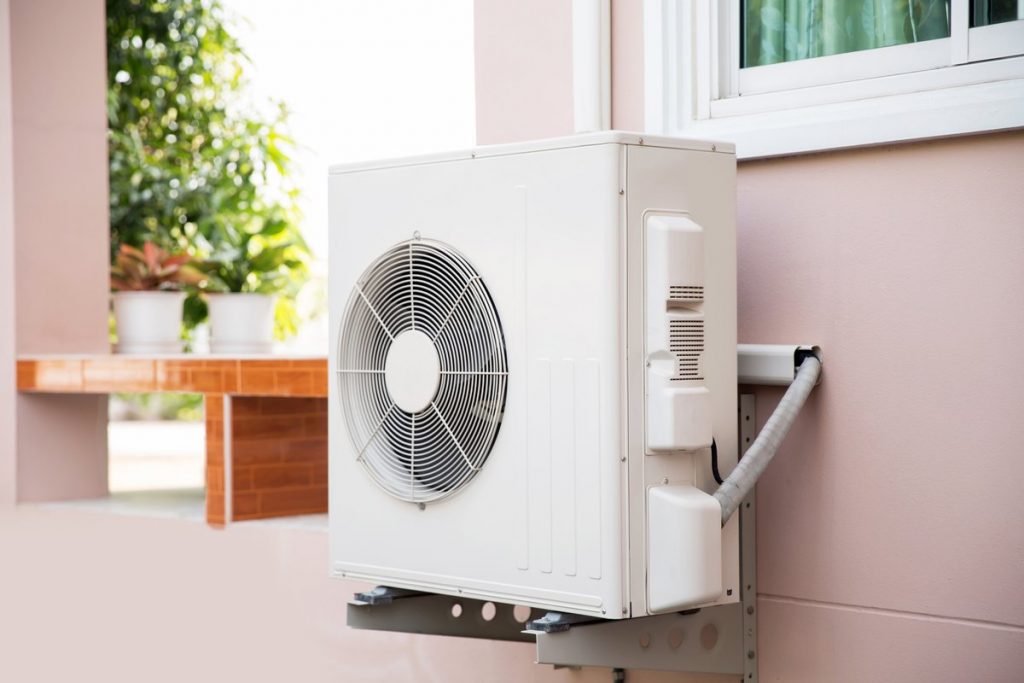
Many things can cause problems with your HVAC system, from power surges to fires. Here are the easiest ways to assess the damage and file a claim.
Always Tell The Truth
This seems obvious, but telling the truth is not only a good policy, it’s required in every state. If you mislead an insurer about a material fact, you could be denied your claim or the insurer could come back to retroactively collect from you any overages.
They insurer may also cancel your policy, leaving you uninsured, which would be bad if you have a mortgage on the home and the bank requires you to carry homeowner’s insurance.
Call A Repairman For an Estimate
When in doubt, always call a repairman for an estimate on what it should cost to repair your unit. Even though you can rely on the insurance adjuster’s estimates, you should rarely do this without an independent quote from a company you trust.
Of course, you will have to pay for the estimate, but it’s usually worth the added cost.
Get The Details Of The Unit
Make sure you get the model number, serial number, a specific diagnostic on how the unit failed, and give this information to your insurer. Don’t volunteer any information outside of the facts. Don’t interject with your opinion or the opinion of anyone else. Only give the insurer the facts.
This will ensure that the adjuster is basing his decision only on information relevant to the claim and not biasing the decision one way or the other. Remember, insurers are always looking for ways to save money. If you stick to the facts, you will always be treated fairly.
Know What Your Insurance Provider Won’t Cover
People always get angry at their insurance provider for non-covered perils. But, insurance is based on the idea that there are specific risks that are transferable to the insurer and some that are not.
Your insurance policy spells out the covered perils and also makes it clear things that it will not cover. Know that your insurer will not pay for a better system than you had, for example. Insurance is about making you whole, not enriching you.
A major issue with older systems is that they often need to be replaced with a different quality of refrigeration because legacy systems use R22 (freon) which is now illegal (and no longer made in the U.S.). The new R410a systems are a different technology, though you could conceivably get the same or similar efficiency.
Most of the time, it pays to upgrade to something better, but you will pay the difference between your claim amount and the new unit. Now, that doesn’t mean that you should be accepting of a lowball offer from the insurer. You shouldn’t. You should fight for every dollar that you’re owed under the contract.
At the same time, the insurer wants to verify that the weather actually did the damage to your system.
Rosemary Foster works as a home heating and cooling consultant. She enjoys writing about home environmental concerns. Look for her posts on many homeowner and family finance blogs.